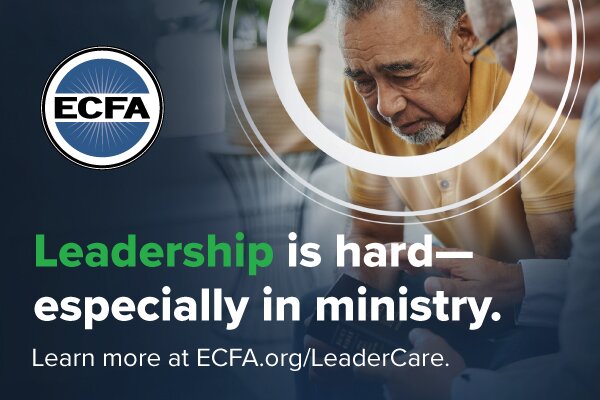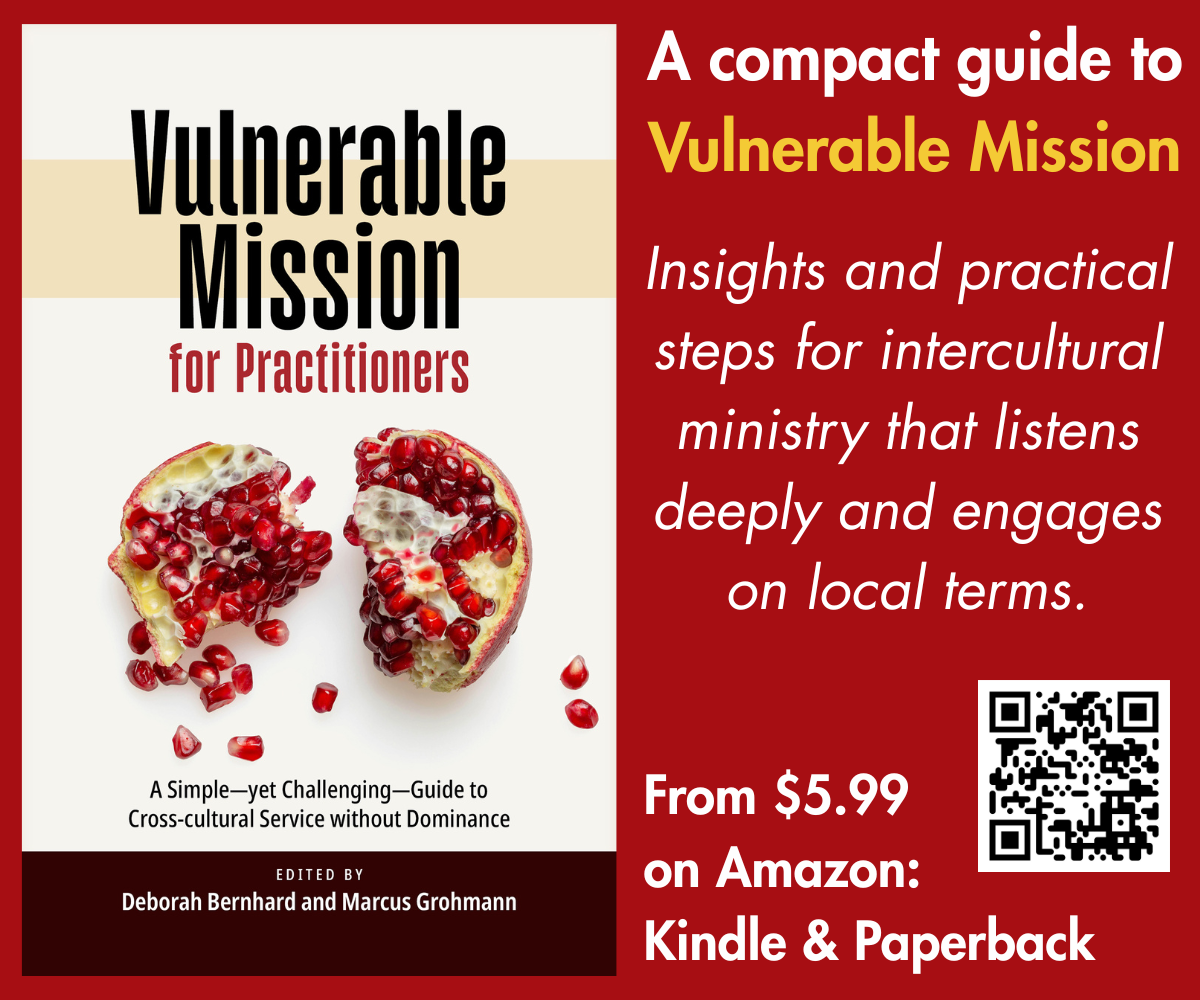EMQ » January–April 2024 » Volume 60 Issue 1

Summary: Patronage relationships are common in many cultures. Western missionaries in these environments are often viewed as patrons by default. This can be an uncomfortable role. However, when we understand how reciprocity works in these contexts, we can participate in ways that strengthen local relationships.
By Tamie Davis and Moyra Dale
In 2013, six months into my (Tamie’s) decade in Tanzania, I was asked to be the patroness of a village. I was only passing through and was taken aback by this request. My first instinct was to read this request as a postcolonial power imbalance in which missionaries are wealthy and local people dependent on them.
I wondered how I might avoid such an interaction in the future or transform it to be more equitable. However, both avoidance and transformation approaches assume patronage to be a vulnerability rather than an asset for witness to Jesus Christ.
What if there is another way to resolve this tension? Understanding reciprocity in patronage cultures, is the key. This can help us become what Anne Dyer calls a “positively helpful patron.”[i] In a healthy patronage model, a patron is not exempt from need.
Member-Only Access
Evangelical Missions Quarterly (EMQ) is available to Missio Nexus members as a member-only benefit or as a digital subscription.
Please login to gain access or join Missio Nexus!






